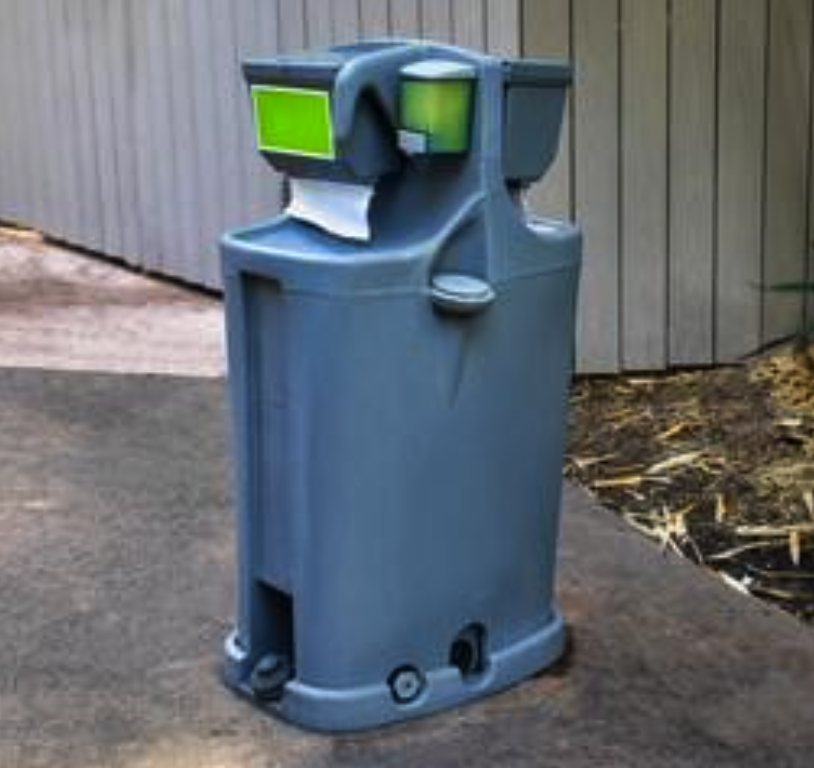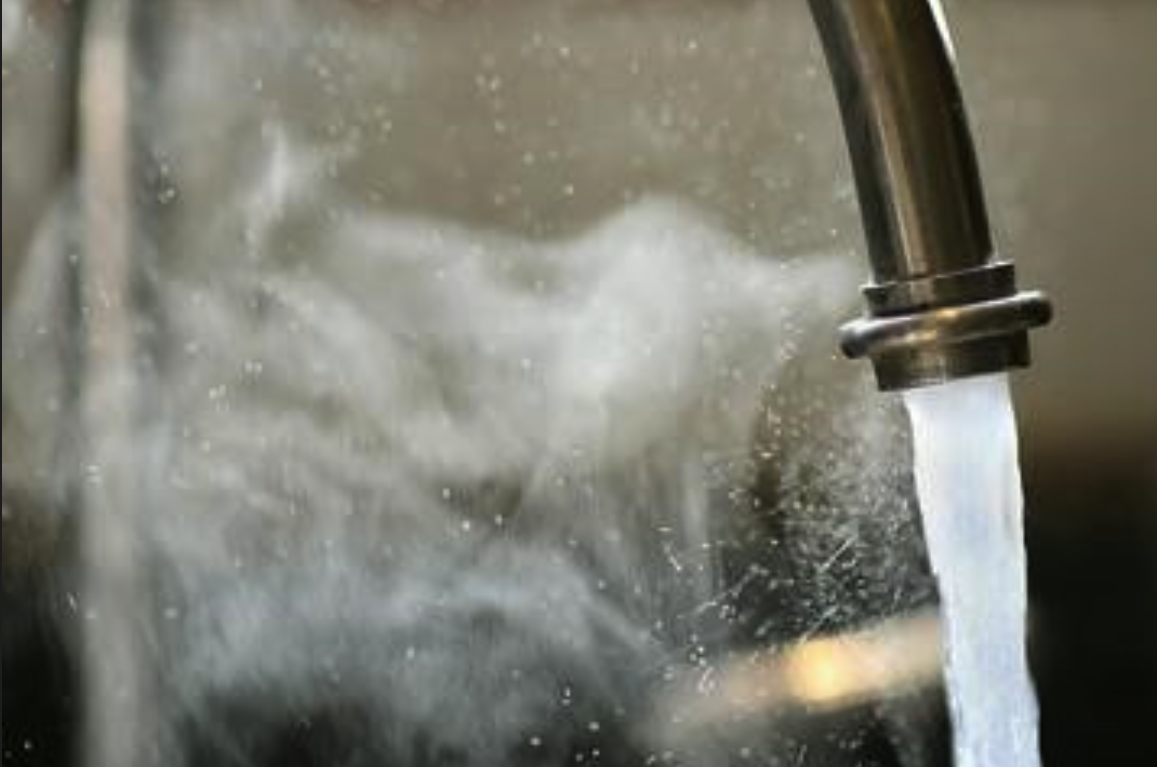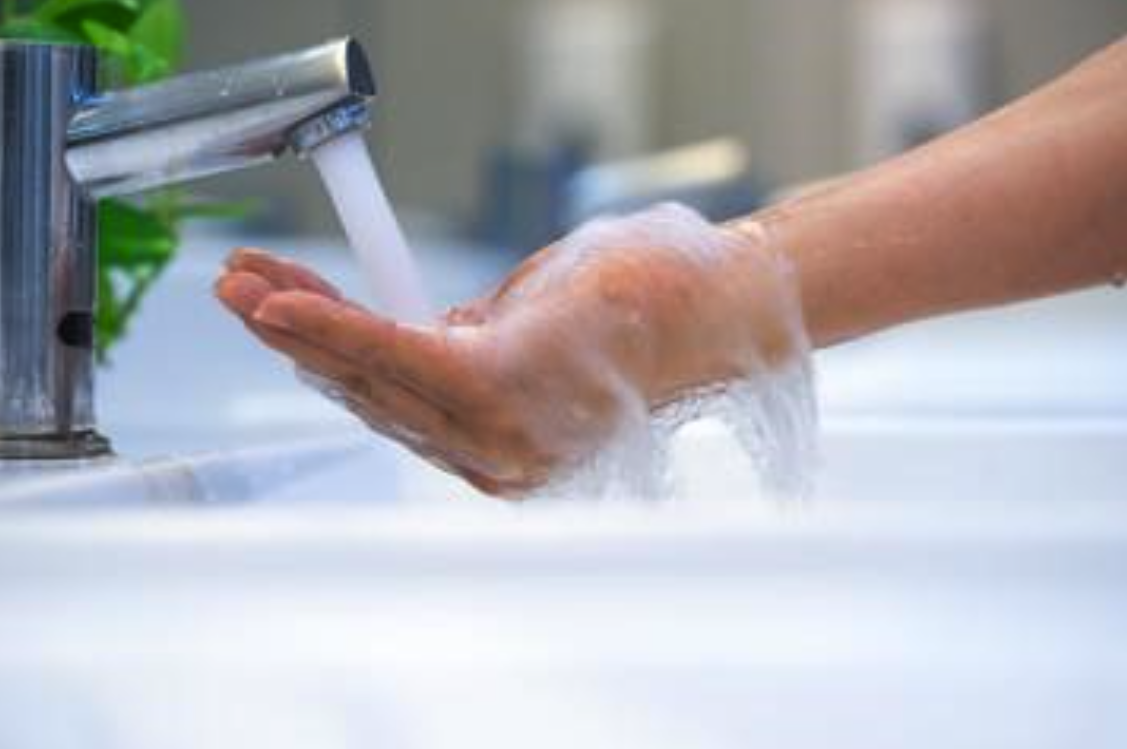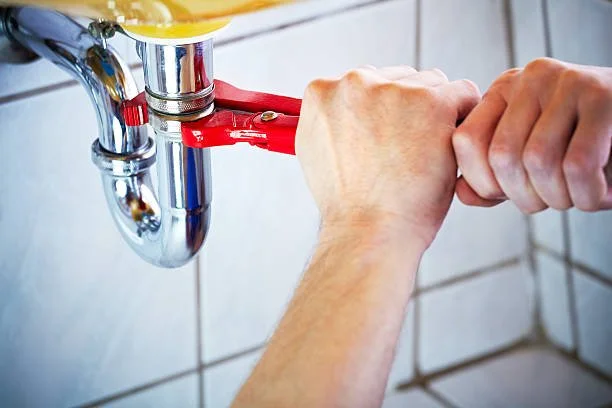New Year, New Home: Essential Maintenance Tasks to Start 2024 Right!
RH Business Marketing Solutions
The start of a new year is the perfect time to give your home some much-needed attention. As we dive into 2024, it's important to set the tone for a fresh start by taking care of essential home maintenance tasks. Using a home maintenance checklist for 2024 is the perfect way to kickstart your year. By being proactive and addressing these tasks ahead of time, you can ensure that your home is ready to face every season with ease. Your home is not just a place; it's a sanctuary, and starting the year with a well-maintained home sets the stage for a year of comfort, safety, and peace of mind.
Exterior Maintenance Tasks
As you create your own list of essential home tasks for the New Year, start with a review of your home’s exterior. A well-maintained exterior not only enhances your home's appearance but also ensures its durability.
Check your roof for signs of leaks and missing or damaged shingles. Review the overall condition of the roofing material. Addressing roof issues early can prevent more extensive and costly repairs down the road.
Inspect the siding and exterior walls for cracks, holes, or signs of damage. Properly maintain and repair any issues to protect your home from the elements.
Clogged gutters may lead to water damage to your home's foundation and roof. Ensure proper drainage by cleaning out gutters and downspouts.
Seal any gaps and cracks around your home’s windows, doors, and foundation to prevent drafts and water infiltration. This can improve your home's energy efficiency and lower your bills. Be sure to trim overgrown trees and bushes and remove dead or damaged branches. Proper landscaping can prevent potential damage to your home during storms.
Interior Maintenance Duties
New Year home improvement tips are a dime a dozen. If you’re going to follow any advice in 2024, make it this: get your heating and cooling system inspected regularly! This includes checking the furnace or heat pump, cleaning vents, and changing air filters. A well-maintained heating system ensures comfort during the colder months.
While you’re at it, consider installing air purifiers or upgrading your HVAC system to improve indoor air quality. Clean indoor air contributes to better health and well-being. Make changing your air filters a resolution for a well-maintained home in 2024. A clogged or dirty filter can decrease airflow, strain your HVAC system, and lead to decreased efficiency. Replace filters regularly to maintain clean indoor air and extend the life of your HVAC equipment.
Don’t overlook your walls when planning interior maintenance chores. It’s important to inspect them for any cracks, holes, or peeling paint. Address any issues by patching and repainting. Fresh paint can give your home a vibrant and renewed look.
Electrical Safety Checks
Any quality 2024 home maintenance guide should mention electrical systems. Electricity works so flawlessly that we often forget to maintain these systems along with the rest of our house. Start by testing and replacing the batteries in your smoke detectors. Ensure that they are functioning correctly to protect your family from potential fire hazards.
Next, check for loose or damaged electrical outlets and switches. Replace any faulty ones and consider upgrading to tamper-resistant outlets for added safety, especially if you have children. If you have an older home, consider having the wiring inspected by a professional. Outdated wiring can be hazardous and may need to be replaced or upgraded. Finally, inspect your electrical panel. If there are signs of wear or overheating, consult an electrician to ensure the safety of your home's electrical system.
The Power of Decluttering
Starting the year right with home care includes taking an honest inventory of the items around your home. While maintenance duties might seem more pressing than taking boxes of old clothes to the thrift store, you might be surprised at how effective a little decluttering can be.
Decluttering is about more than creating physical space. It creates mental space, too. A cluttered home can lead to a cluttered mind. When you declutter, you free yourself from the burden of unnecessary belongings and create a sense of tranquility in your living space.
Decluttering can even lead to improved productivity. When your home is organized, you can find what you need more easily, and you're less likely to be distracted by the chaos of clutter. This can help you focus on your goals for the year ahead, whether they're related to work, personal growth, or simply enjoying life to the fullest.
Start 2024 Out on the Right Foot
Following our guide for key maintenance tasks for a fresh start in 2024 is a great way to begin your year. By tending to your home, you're setting the stage for a year of comfort, safety, and productivity. Make these tasks a priority, and you'll not only enhance the value of your home but also improve your quality of life. Here's to a successful and well-maintained 2024!














